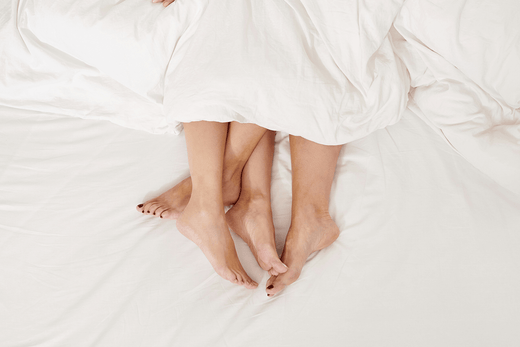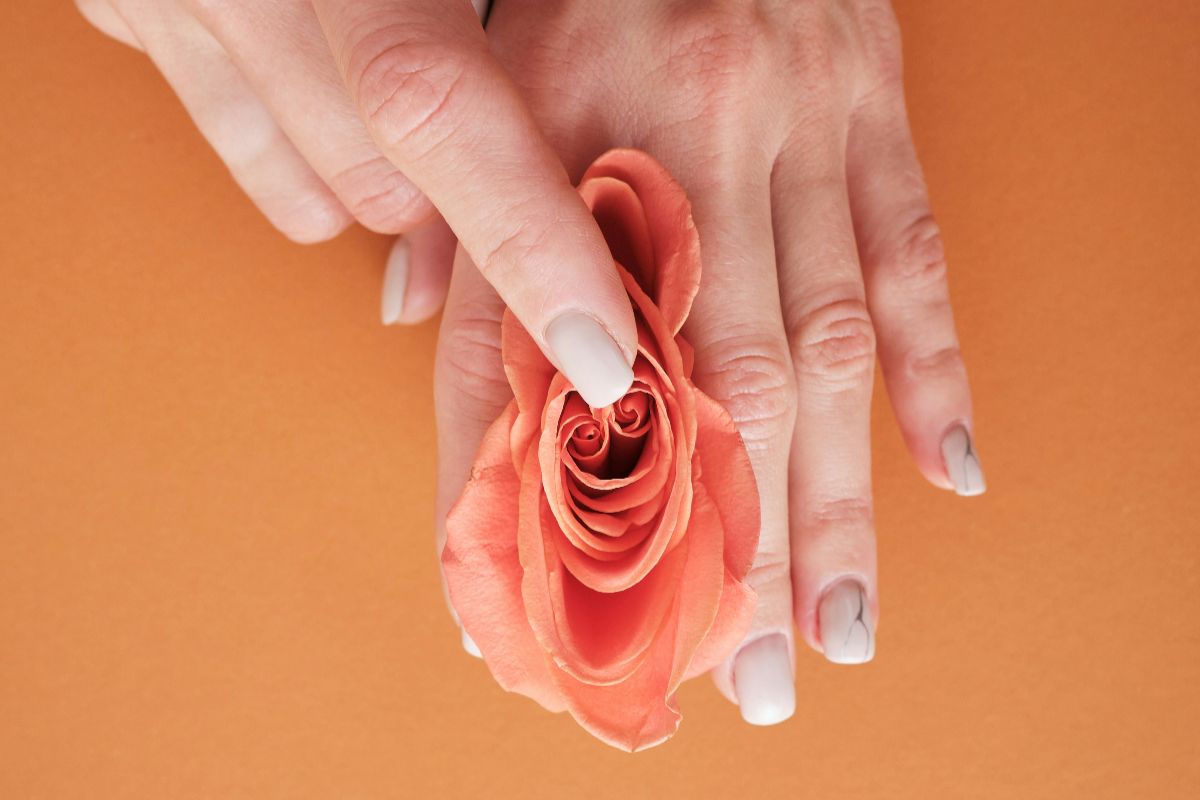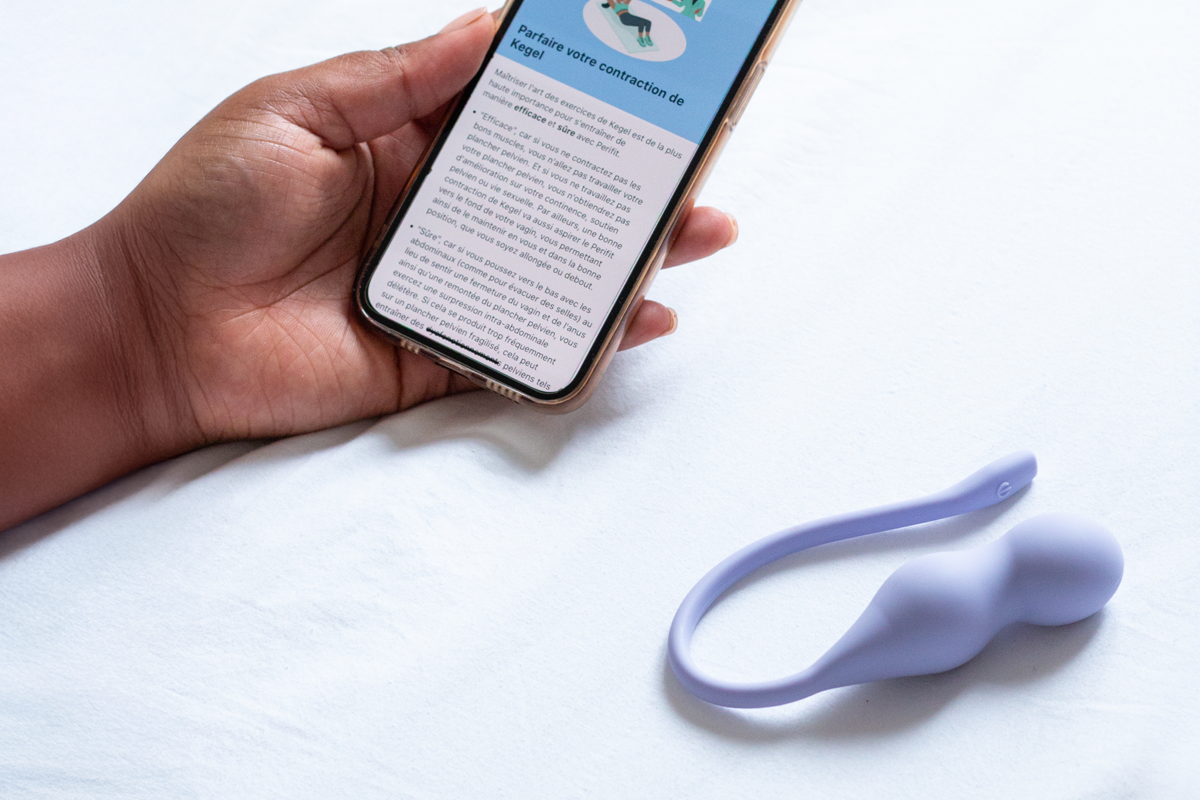Ever felt the urge to pee during intercourse? You're not alone! Many people experience bladder sensations or even leakage while getting intimate. Whether it's peeing during penetration or a constant need to dash to the bathroom, these experiences can be confusing and sometimes embarrassing. But don't worry – we're here to break down what's normal, when to seek help, and how to manage these sensations. From pelvic floor exercises to innovative devices like the Perifit Care Kegel trainer, we'll explore ways to strengthen your body and boost your confidence. So let's dive into the world of urinating during sex and uncover the facts behind this common yet rarely discussed topic!
Is it normal to feel like peeing during sex?
Feeling the urge to urinate during sex is a common experience for many people. This sensation often occurs (1) due to the close proximity of the bladder to the vagina and clitoris. While peeing during penetration or intercourse may seem alarming, it's usually not cause for concern.
Understanding the sensation
The feeling of needing to pee during sex can be attributed to various factors:
- Pressure on the bladder from penetration
- Stimulation of nearby nerves
- Pelvic floor muscle weakness
Furthermore, anytime a woman has an orgasm during sexual activity, she is experiencing a massive relaxation or release of the pelvic floor muscles. Relaxing these muscles make someone more likely to leak urine. It's important to note that what feels like urinating during sex may actually be female ejaculation or "squirting" (2) in some cases.
💡 Open communication with your partner can help ease anxiety about this common experience.
What are the common causes of peeing during sex?
Bladder pressure and fullness
Feeling the urge to pee during intercourse is often related to bladder pressure. When engaging in sexual activity, the movements and positions can put extra pressure on a full bladder, potentially leading to urinating during sex. To minimize this, try emptying your bladder before getting intimate.
Pelvic floor dysfunction
Weakened pelvic floor muscles are a common culprit for peeing during penetration. This can result from pregnancy, childbirth, or aging. Strengthening these muscles through exercises like Kegels can help. Consider using the Perifit Care Kegel trainer, a FDA cleared-solution to strengthen your pelvic floor effectively.
Urinary incontinence
Various types of urinary incontinence can cause pee during intercourse. Stress incontinence leads to leakage during physical activities, including sex. Urgency incontinence can cause a sudden, intense need to urinate, particularly during orgasm. Some individuals experience mixed incontinence, combining both types. If you're concerned about bladder leakage during intimate moments, consult a healthcare provider for proper diagnosis and treatment options.
Hormonal changes
Hormonal changes, especially during menopause, can contribute to peeing during sex. As estrogen levels decline:
- The walls of the vagina and urethra become thinner, which makes it easier to leak urine during sexual stimulation or arousal.
- The pelvic floor muscles can weaken, causing stress incontinence that leads to urine leakage during physical activity like sex.
- The bladder loses some of its ability to contract and store urine properly, resulting in more frequent urges to urinate and accidental leaks.
How can you prevent peeing during sex?
Bladder training techniques
Emptying your bladder before sexual activity is a simple yet effective way to reduce the chances of urine leakage during sex. Additionally, limiting fluid intake about an hour before intimacy can help minimize the urge to urinate.
For those experiencing urgency incontinence, practicing bladder training exercises to increase bladder capacity may be beneficial in preventing peeing while having sex. This includes avoiding “JIC”ing, or “just in case” urinations, such as before leaving the house. Only empty your bladder when it is sufficiently full, which normally is every 2.5-3 hours.
Pelvic floor exercises
Strengthening your pelvic floor muscles through Kegel exercises is crucial for improving bladder control and minimizing leakage during intercourse.
💡 The Perifit Care Kegel trainer, an innovative device planned to help strengthen pelvic floor muscles, provides genuine-time responses through a smartphone app. This allows you to track your progress and ensures you're performing the exercises correctly.
By incorporating deep core and pelvic floor exercises into your routine, you can enjoy the many benefits of Kegel exercises such, as reducing instances of urinating during sex and improving overall sexual experiences.
Can diet affect bladder leakage during intimacy?
Diet can indeed play a significant role in managing bladder leakage, including during intimate moments. Certain foods and beverages (3) can irritate the bladder, potentially worsening urinary incontinence symptoms.
Dietary triggers to watch
Caffeine, alcohol, and carbonated drinks are common culprits that may increase the urge to urinate during penetration. Spicy foods and acidic items like citrus fruits (4) can also irritate the bladder lining, potentially leading to leakage while having sex.
Fluid management
Balancing hydration is crucial. While staying hydrated is important, drinking too much fluid close to bedtime can increase nighttime urination. Consider spreading fluid intake throughout the day and reducing it in the evening to minimize peeing during intercourse.
Tips for avoiding leakage during sex
To further reduce the likelihood of peeing while having sex, consider these tips:
- Limit fluid intake an hour or two before sexual activity
- Empty your bladder before sexual activity
- Avoid bladder irritants like caffeine and alcohol
- Try different positions that put less pressure on the bladder
- Use absorbent pads or towels for peace of mind
How pelvic floor physical therapy can help stop peeing during sex?
Pelvic floor physical therapy is a game-changer for those experiencing urinary leakage during intimate moments. By focusing on strengthening and coordinating the pelvic floor muscles, this specialized therapy can significantly reduce instances of peeing during sex.
Through targeted exercises and techniques, individuals can regain control over their bladder function, leading to more comfortable and enjoyable sexual experiences.
💡 In addition to physical therapy, you can use at home the Perifit Care Kegel trainer. With consistent use, many find that they can better control their bladder during intimate moments, enhancing both confidence and pleasure.
So, there you have it! Peeing during sex or feeling the urge to pee during intercourse is more common than you might think. Whether it's a little leakage or a strong sensation, know that you're not alone. Remember, strengthening your pelvic floor can make a world of difference. Why not give the Perifit Care Kegel trainer a try? It's a game-changer for many when it comes to bladder control and pleasure. From deep core exercises to natural remedies for bladder incontinence, there are plenty of options to explore. Don't let worries about urinating during sex hold you back from enjoying intimate moments. Your body, your pleasure – embrace it all!





